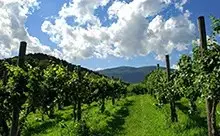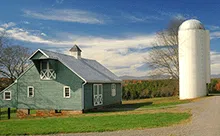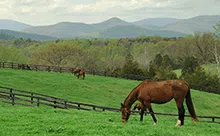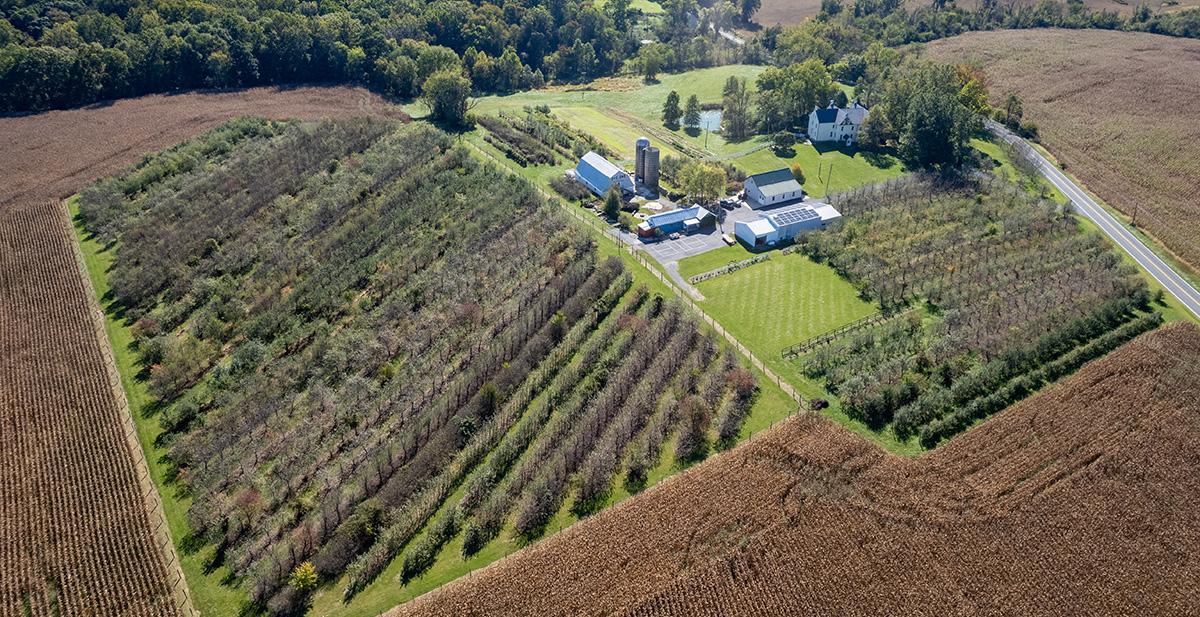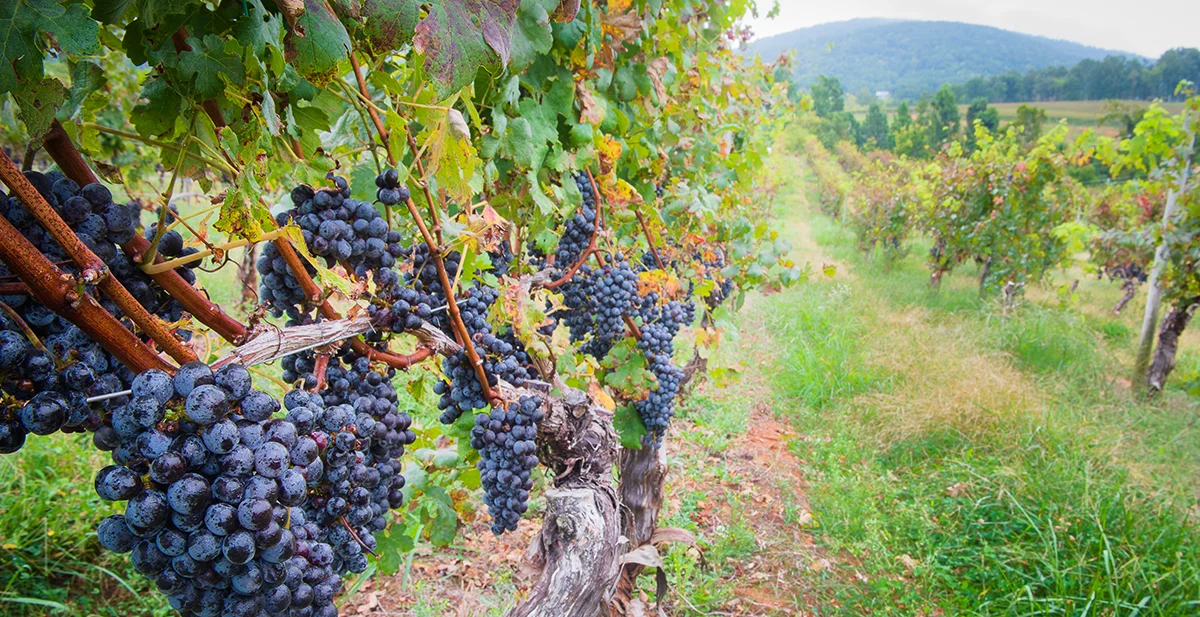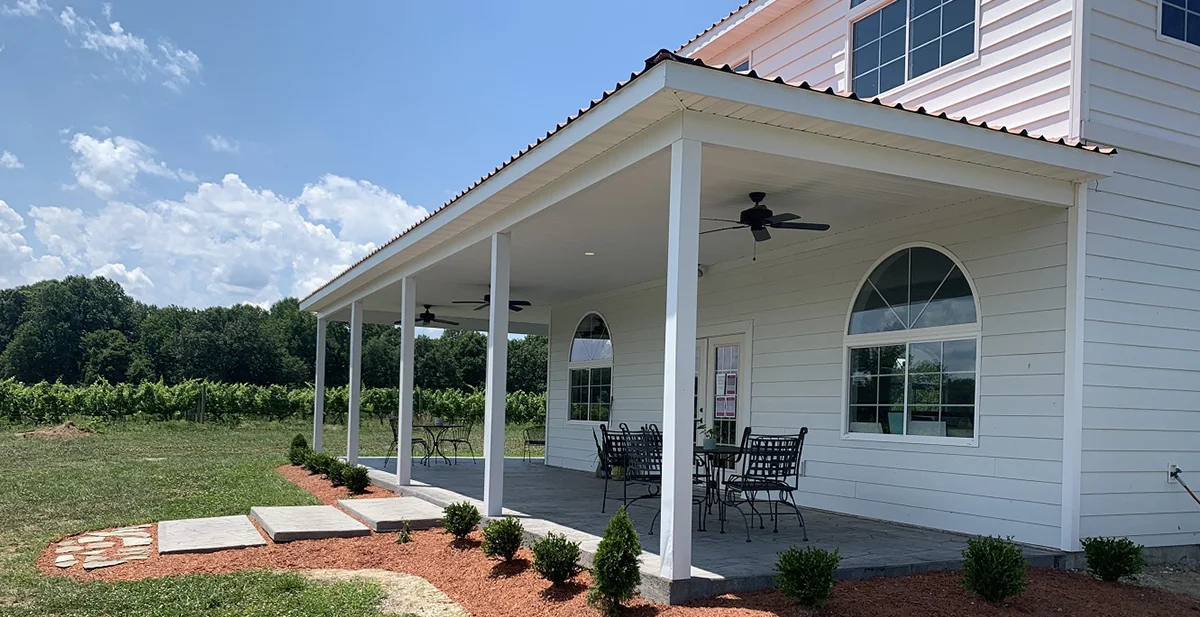
home / virginia real estate / farms / types of virginia farms
Types of Virginia Farms
Due to Virginia temperate climate, the state is home to a number of specialty farming operations. In addition to the typical agricultural operation, it has to a diverse collection of farms including:
Beef cattle farming is a tradition in Virginia. The climate, soils and rainfall support the volume of roughage needed to to support the second largest animal industry in the state.
Beef cattle farms have specialized at each stage of the production process. The farms are categorized by process as follows: Seed Stock Farm, Commercial cow/calf Farm, Backgrounder Farm, Stocker Farm and Cattle Finishing Farm.
Dairy farming is a labor of love. The nature of farming, as it pertains to animals and the food industry, is often fraught with emotionally ambiguous necessities. But other than the disposition of the occasionally necessary calf (which prompts the creation of milk), dairy farming is comparatively benign. You will never have to regret falling in love with Daisy.
The Equestrian Farm is a farm that offers many tangible benefits. Whether they be from the financially beneficial aspects, as you profitably run a race horse breeding farm, or simply run a boarding farm with hunters and jumpers on a property that houses not only one of the most beautiful creatures on Earth but that also has the view of the Blue Ridge Mountains.
Perhaps you are the individual who possesses all means of financial resources, and your farm is more about fulfilling a wish rather than a need. A Virginia countryside farm can be more about product and less about profit. A farmer more concerned with lifestyle than economics is seeking a farm that may provide an aesthetic Shenandoah Valley backdrop to his or her life.
Poultry farms exist in as many permutations as any type of farming. Raising chickens or turkeys are yet another possible venue to raise revenue from your agricultural piece of Virginia real estate. As always, seeking the help of a real estate agent that is familiar with the unique requirements of a poultry operation is essential.


















